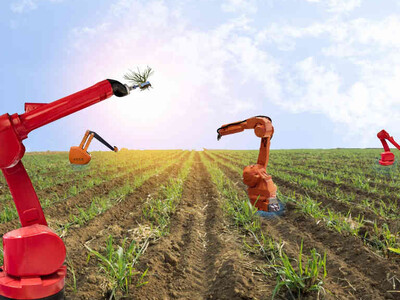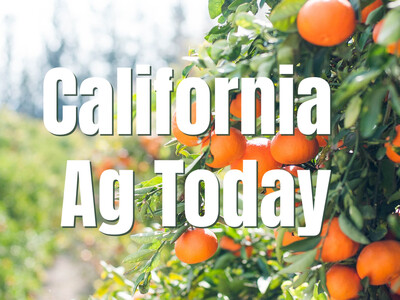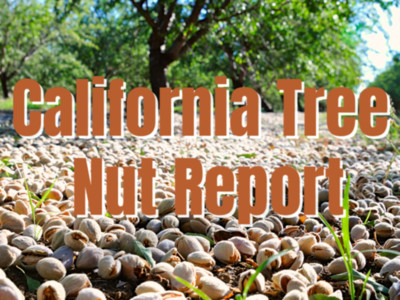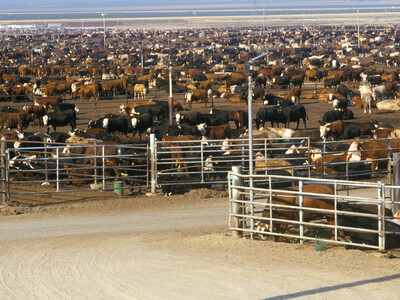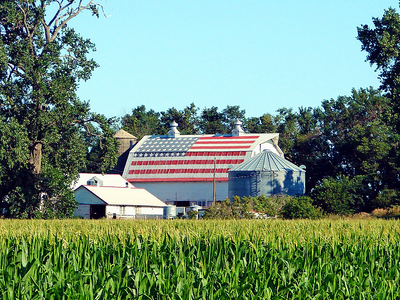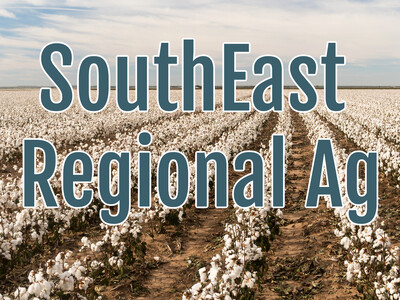Sustainable Farming Practices
Sustainable Farming PracticesI'm Lacy Gray with Washington Ag Today.
The "Stories of Our Watersheds" film festival being hosted by River Restoration Northwest at the Hollywood Theater in Portland tonight will focus on restoration projects from around the Pacific Northwest. One of the films was submitted by Jim Armstrong with the Spokane Conservation District and highlights the direct seed and no-till practices that are being implemented by farmers in Whitman and Spokane Counties.
ARMSTRONG: We have found that just looking at the results over the years and establishing these as common practice that we have virtually eliminated soil erosion from the acres that are consistently being no-tilled and direct seeded.
As is said in the short film it's about keeping the topsoil where it belongs.
ARMSTRONG: We understand that in order to keep the topsoil in place, we have to keep the water in place so that any water that does land on the farm actually stays on the farm. With direct seed and no-till it has a tendency to soak into the ground instead of run off. No-till preserves that protective cover even in the winter time when there's not a crop on it - you still have all that residue, all that organic material where everything just soaks in.
Armstrong says producers are seeing the sustainability of direct seed and no-till.
ARMSTRONG: We start talking about no-till just saving moisture, but it also saves a lot of time, it saves a lot of money, it saves a number of trips over the field. You're doing it in one trip as opposed to maybe four or five - that's saving fuel.
Armstrong will be back tomorrow to talk about the technology behind sustainable farming practices and low interest loan programs available to farmers who want to switch to no-till and direct seed.
That's Washington Ag Today.
I'm Lacy Gray on the Ag Information Network.





